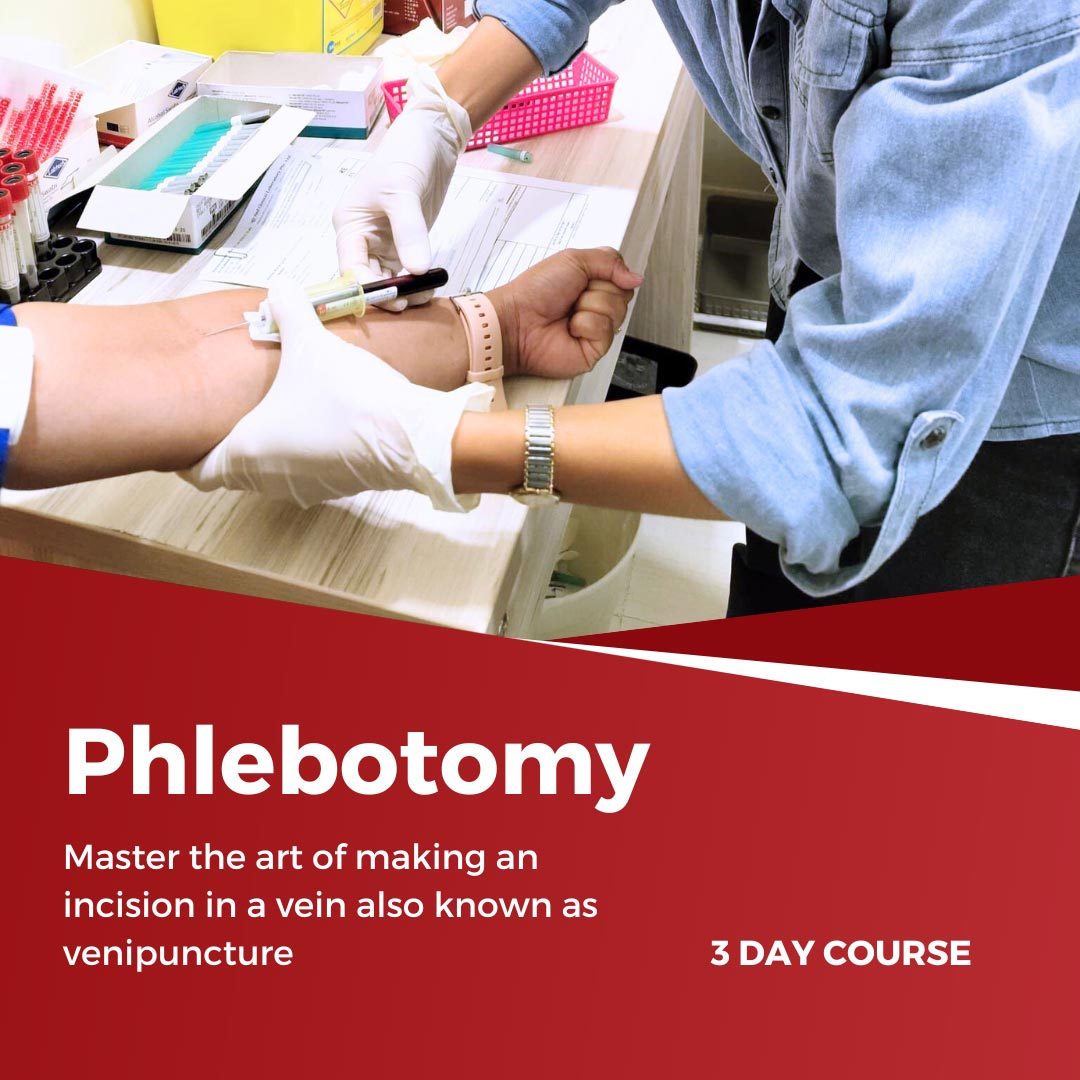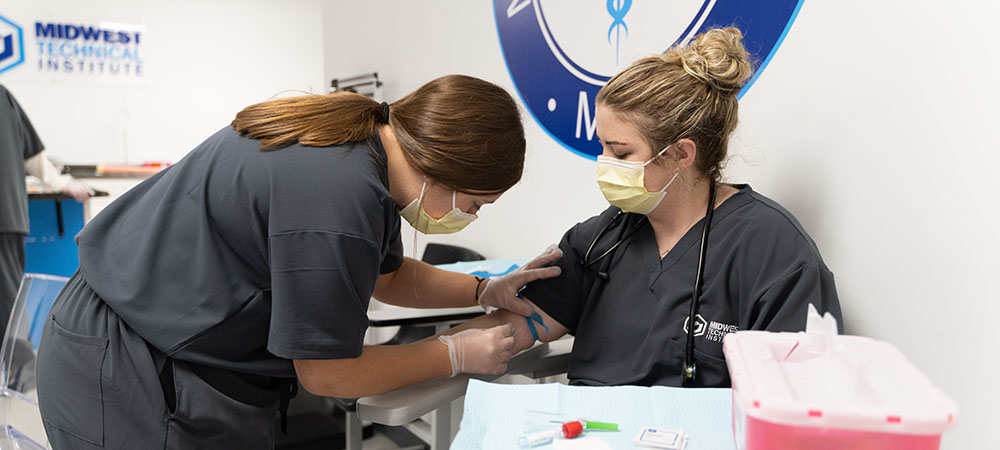Comprehensive Northeast Medical Institute CNA Courses Stamford: Learn from the Best
Comprehensive Northeast Medical Institute CNA Courses Stamford: Learn from the Best
Blog Article
Important Aspects to Think About When Choosing one of the most Ideal Medical School Educational Program for You
Picking the most fitting medical institution curriculum is a critical decision that can considerably influence your academic journey and future profession course. As striving clinical experts, the option of educational program must line up with your personal knowing style and profession goals. However, beyond these initial factors to consider, numerous critical aspects enter into play when making this option. By checking out the subtleties of mentor approaches, curriculum adaptability, and professional direct exposure chances, a more thorough understanding of what makes an educational program ideal for you arises. Let's discover these essential aspects that can shape your clinical education and learning and eventually, your professional trajectory.
Personal Understanding Style

Clinical institutions that supply varied training approaches and sources can accommodate various discovering designs, fostering a vibrant and comprehensive academic environment. Eventually, comprehending individual knowing preferences empowers pupils to make educated decisions regarding their medical education and learning, establishing a solid structure for their future professions in medical care.
Job Goals Positioning

In addition, lining up job objectives with the clinical institution educational program can additionally improve inspiration and interaction throughout the educational trip. When trainees see the direct relevance of their coursework to their future job, they are more probable to remain focused and committed to their studies. As a result, when picking a medical college educational program, it is critical to very carefully consider just how well it lines up with one's profession goals to guarantee a successful and satisfying expert course.
Mentor Methodologies
Thinking about the positioning of career objectives with the chosen medical college curriculum, an assessment of the training approaches utilized comes to be essential fit the finding out experience. The effectiveness of a medical college curriculum heavily relies upon the mentor techniques utilized by the organization. Different training techniques, such as lectures, little group conversations, problem-based understanding, simulation-based training, and hands-on scientific experience, can dramatically influence exactly how well pupils grasp and maintain details.
Lectures are a traditional but still typically utilized technique for providing web content to a huge team of pupils successfully. Tiny seminar foster cooperation, critical reasoning, and interaction skills among pupils. Problem-based learning encourages energetic engagement, self-directed learning, and problem-solving abilities. Simulation-based training permits pupils to exercise professional abilities in a regulated atmosphere before interacting with real patients. Hands-on professional experience supplies a direct understanding of individual treatment and medical practices.
When selecting a clinical institution curriculum, aiming pupils must consider the training methods utilized to ensure that their understanding preferences and strengths straighten with the academic approach of the establishment.
Curriculum Versatility
When link examining clinical institution programs, analyzing the level of educational program versatility is essential for possible students looking for a tailored instructional experience. Curriculum adaptability refers to the level to which students can personalize their discovering paths within the clinical school educational program. A curriculum that uses flexibility enables pupils to pursue their passions, emphasis on areas where they need extra support, and involve in learning experiences that line up with their career goals.

Possible clinical students must consider just how a medical college's curriculum adaptability lines up with their learning preferences, profession desires, and personal objectives. By selecting a program that supplies the best equilibrium of structure and adaptability, students can enhance their educational experience and prepare themselves for effective jobs in medicine.
Clinical Exposure Opportunities
Discovering the functional application of clinical understanding, professional exposure chances play a critical role in shaping a comprehensive medical education. These possibilities supply trainees with important hands-on experience in actual healthcare settings, enabling them to connect the space in between concept and practice. When considering medical institution educational program, the top quality and amount of professional direct exposure must be thoroughly assessed.
Efficient scientific direct exposure must use a varied array of experiences throughout numerous specializeds, making certain that students are exposed to various clinical circumstances and person demographics. Direct exposure to outpatient facilities, inpatient wards, medical cinemas, and emergency departments can help students create a well-rounded understanding of various elements of medical care distribution. Furthermore, chances for community-based care here and interactions with underserved populations can cultivate a much deeper recognition for the social components of health and wellness.
Moreover, the existence of supportive professors and advisors throughout these medical experiences can considerably enhance the understanding procedure. Faculty assistance and constructive responses can assist trainees reflect on their clinical experiences, determine areas for renovation, and boost their medical skills and decision-making capacities (Northeast Medical Institute CNA Classes Near me Stamford). Generally, robust clinical direct exposure opportunities are essential for preparing future medical professionals to provide high quality person treatment effectively
Conclusion
In conclusion, when choosing a medical college curriculum, it is vital to consider your individual learning design, alignment with bachelor of nutrition and dietetics occupation goals, teaching techniques, curriculum adaptability, and medical direct exposure chances. These variables play an important role in figuring out the most appropriate program for your specialist and academic growth. Make certain to extensively evaluate each element to make an educated decision that will certainly best sustain your growth in the medical area.
Understanding one's personal understanding style is crucial when choosing a clinical school curriculum. By recognizing one's discovering style early on, striving medical pupils can purposefully pick a curriculum that caters to their staminas, inevitably enhancing their discovering experience and scholastic success.
When evaluating medical institution programs, analyzing the level of curriculum flexibility is necessary for possible pupils seeking a tailored educational experience. Curriculum flexibility refers to the degree to which students can customize their discovering courses within the clinical college educational program.In conclusion, when selecting a medical school curriculum, it is important to consider your personal discovering style, positioning with job objectives, teaching methodologies, curriculum flexibility, and clinical exposure opportunities.
Report this page